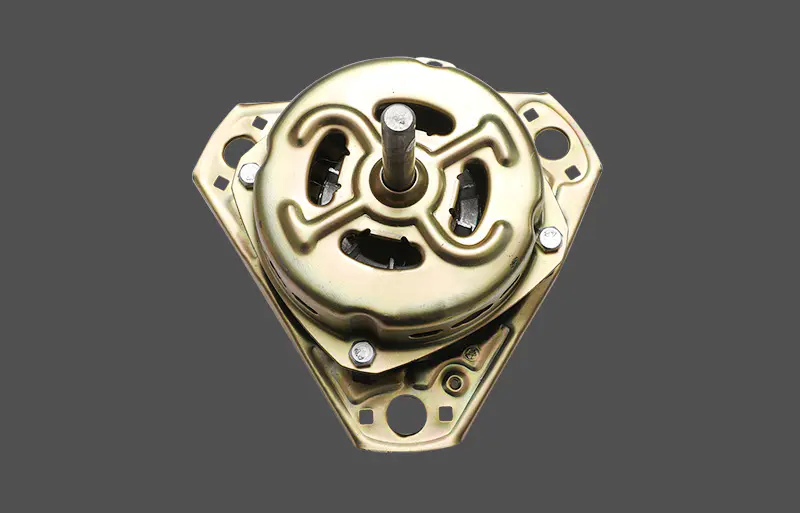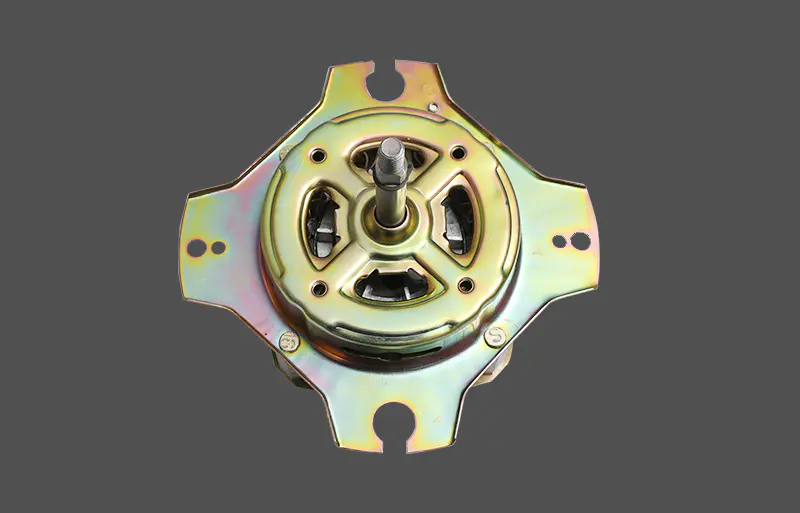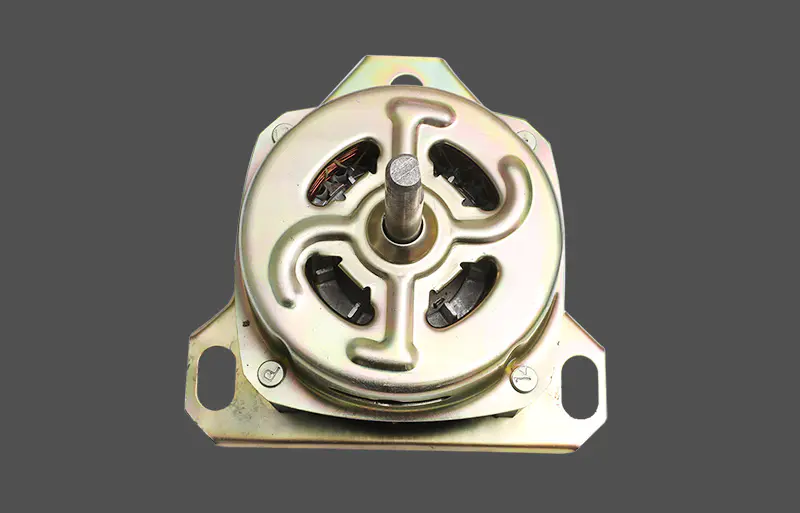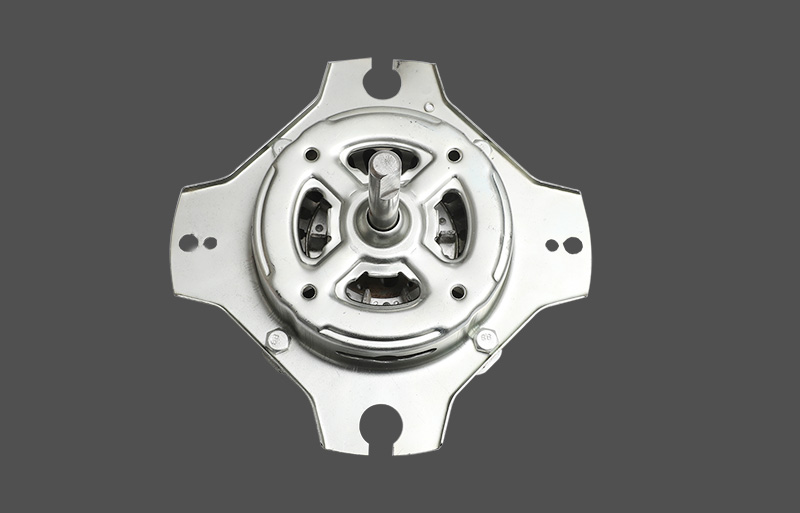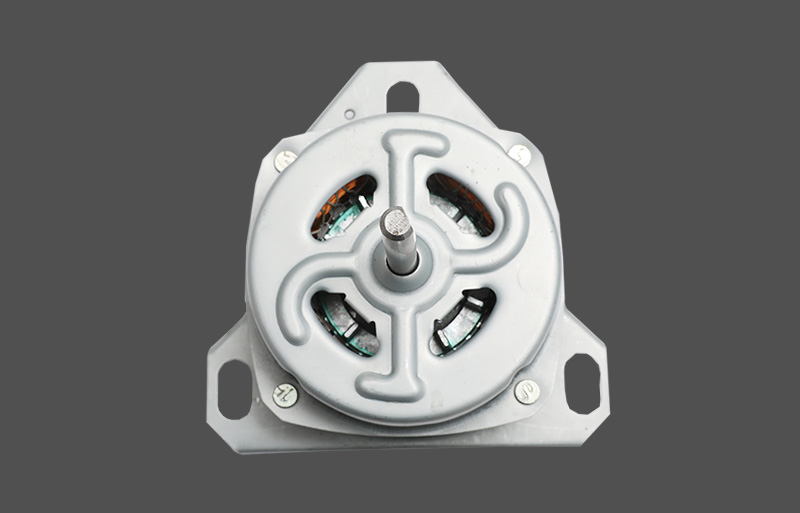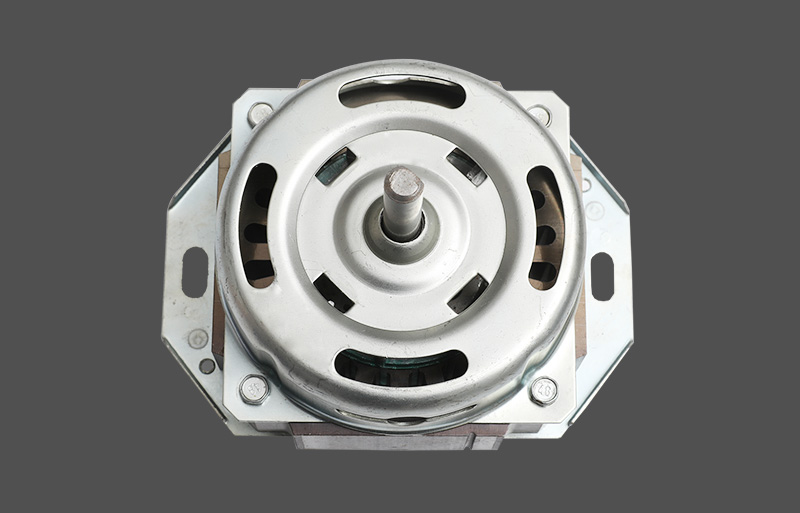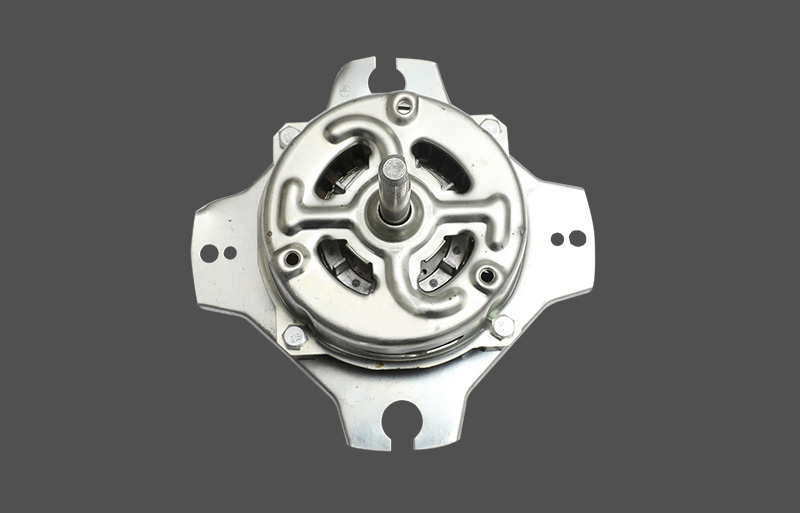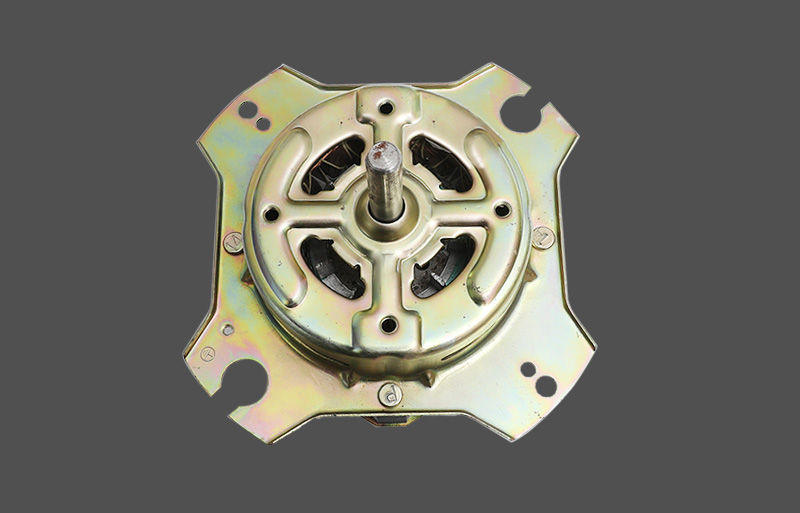Washing machines are indispensable household appliances in modern families. The motor, one of its core components, plays a vital role in the overall performance of washing machines. The performance of the washing machines motor not only directly affects the working efficiency of the washing machine, but also its service life. During long-term operation, the motor may have a variety of electrical faults, which will not only affect the normal use of the washing machine, but also may bring safety hazards.
The normal operation of the motor depends on a stable power supply. Power supply problems are one of the main factors leading to electrical failures. Voltage stability is crucial, and motors are usually designed to work within a specific voltage range. If the voltage is too low, the motor may not start; if the voltage is too high, it may cause the motor to overheat, damage the insulation material, or even cause the motor to burn out. In addition, poor power contact is also a common problem. Poor connection of the power plug, socket or cable may cause the motor to be unable to obtain a stable power supply, which manifests as intermittent operation of the motor or complete inability to start. Abnormal power frequency will also affect the operation of the motor. The motor is usually designed to match a specific power frequency (such as 50Hz or 60Hz). Abnormal frequency may cause the motor to operate abnormally or even cause damage.
The aging of the insulating material is another important factor affecting the performance of the motor. As the use time increases, the insulation material of the motor may accelerate aging due to environmental factors (such as moisture, high temperature or dust), resulting in a decrease in insulation performance, which may cause short circuits or leakage. In addition, when the motor is overloaded for a long time or the heat dissipation is poor, the temperature rise will also accelerate the aging of the insulation material, and eventually lead to electrical failures.
Short circuit and open circuit faults are common electrical faults of motors, which are usually caused by internal circuit problems. Winding short circuit refers to the short circuit of the winding inside the motor due to insulation damage, which will cause the current to increase abnormally and the motor cannot work properly. The causes of short circuit may include moisture inside the motor, overheating or the intrusion of external foreign objects. Open circuit faults are usually caused by broken windings or broken connecting wires, which will cause the motor to be completely unable to work, and users will find that the motor has no response.
Modern washing machines are usually equipped with complex control circuits, which are used to adjust the operating status of the motor. The control board is an important part of the motor control. Its damage may cause the motor to fail to start or operate abnormally. The reasons for the damage of the control board may include overvoltage, overcurrent or component aging. In addition, the operation of the motor depends on the feedback information of various sensors (such as temperature sensors, speed sensors, etc.). If the sensor fails, the control system will not get the correct information, which may cause the motor to not work as expected.




